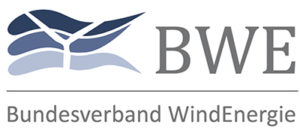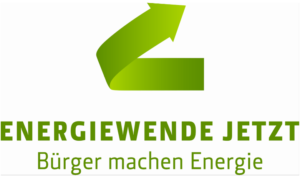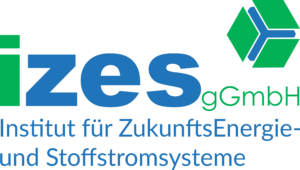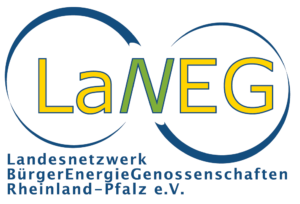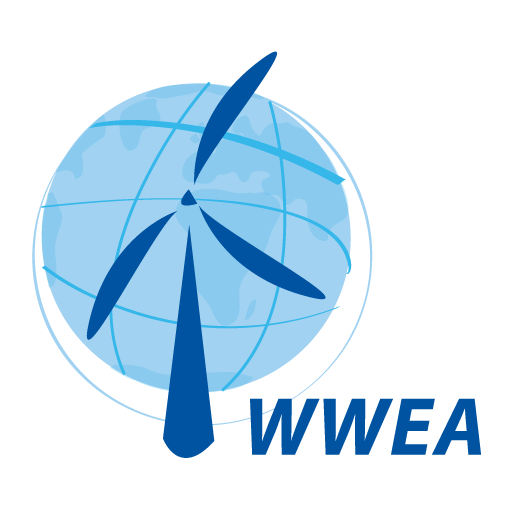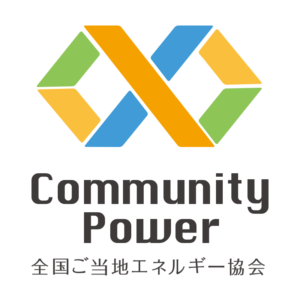The decentralized energy transformation is key in fulfilling the Paris Agreement. It also offers considerable potential for democratization and participation. The energy transformation is historically one of the greatest industrial revolutions in society and has led to a transition from a central energy system with vertically integrated utilities to a pluralistic energy system with technically millions of generation points and, as a result, a large variety of actors. Therefore all social forces must be mobilized for the long-term success of the energy transformation ensuring that this gigantic project can succeed.
However, there are indicators that women are less involved in the implementation of the energy transformation. Although women are very active in the climate and environmental movement, some figures indicate that they are underrepresented in the technical implementation of the energy transformation and as investors in renewable energy projects. This also applies to female involvement in community energy, despite the generally relatively low-threshold for participation. This fact cannot simply be explained with a lack of interest, as it is in stark contrast with the strong role of women in the climate and environmental movement, rather the reasons have to be analysed systematically.
The World Wind Energy Association (WWEA) and the Association for Renewable Energy of the German State North Rhine-Westphalia (LEE NRW) have therefore started a joint research project (funded by the Stiftung Umwelt & Entwicklung NRW) in order to analyse the situation and eventually in order to show ways in which the actual role of women in community energy can be raised.
In order to get a better understanding of the general conditions and correlations, similar data will be collected in Japan, with a focus on the prefecture Fukushima. The Japan Community Power Network, a close partner of WWEA for many years, will simultaneously send out the questionnaires in Fukushima, which was affected by the nuclear accident but which has today a vibrant community energy sector with a large number of community energy initiatives. The purpose of this international comparison is to get a first understanding of how far the situation in Germany is similar to other (world) regions, and also in order to develop additional options for action.
The dimension of the problem can be well described with a few figures: In 2018, the executive boards of the German energy industry comprised only 5% women, and only 7% of the German energy industry management were female (PwC Deutschland 2018). In 2014, 19,9% of management positions in the field of renewable energies in Germany were held by women. So here, too, it was far from parity (PwC Deutschland 2014). Considerable deficits in the participation of women have also been identified in the case of community energy. A survey from 2012 found a male participation rate of up to 80% (Fraune 2018). 93% of the respondents in the survey stated that their main personal motivation for their involvement in community energy were ecological causes, followed by the idea of “energy in the hands of the citizen” (82% agreed) (Radtke 2016). In this light, it becomes clear that there is an urgent need to understand why women, despite their commitment to climate policy, are clearly underrepresented in German community energy.

